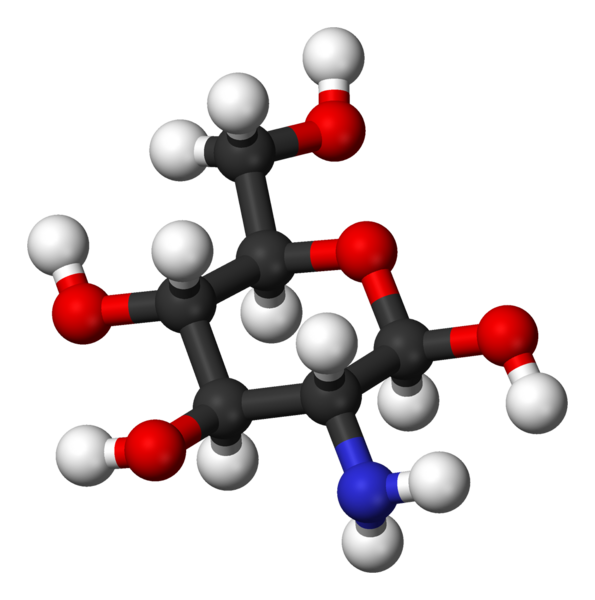Testing the Effects of Resveratrol, Apigenin, and Glucosamine to Effectively Reduce Prostate Cancer Cell Proliferation, Migration Levels, and Increase Apoptosis
(1) American Heritage School, Miami, Florida
https://doi.org/10.59720/19-054
The current five-year survival rate of metastasized prostate cancer is only 30% and occurs in every one in nine men. Researchers have shown that people with a type of dwarfism called Laron’s Syndrome are immune to cancer due to their low levels of insulin-like growth factor-1 (IGF-1). For this reason, experimentally modifying the level of IGF-1 could provide better insight into whether lowering the levels of IGF-1 in prostate cancer cell lines (e.g. PC-3) could be an effective treatment to reduce their rates of proliferation and migration and increase apoptosis. We selected three compounds, which researchers have shown decrease IGF-1 levels, to test and combine to determine which is the most promising. We conducted a cell proliferation assay in order to determine the impact of each treatment on cell proliferation. We used a migration assay to measure the migration of the PC-3 cells after each treatment. In this assay, we seeded bone marrow mesenchymal stromatolites cells (BM-MSC) underneath the PC-3 cells to induce migration. Finally, we conducted an apoptosis assay to count the number of cell deaths after treating the PC-3 cells. The compounds we used, glucosamine, apigenin, and resveratrol, can be found naturally in foods or supplements. We found the treatment with a combination of all three compounds to be most effective in decreasing cell proliferation and migration levels in the PC-3 cells. In the cell apoptosis assay, the glucosamine and apigenin combination caused the largest number of cell deaths, but an outlier in this condition resulted in a large margin of error. The combination of all three compounds resulted in the second highest number of cell deaths. With these results and further investigation, a potential new, less costly, and less painful treatment for prostate cancer could be found.
This article has been tagged with: